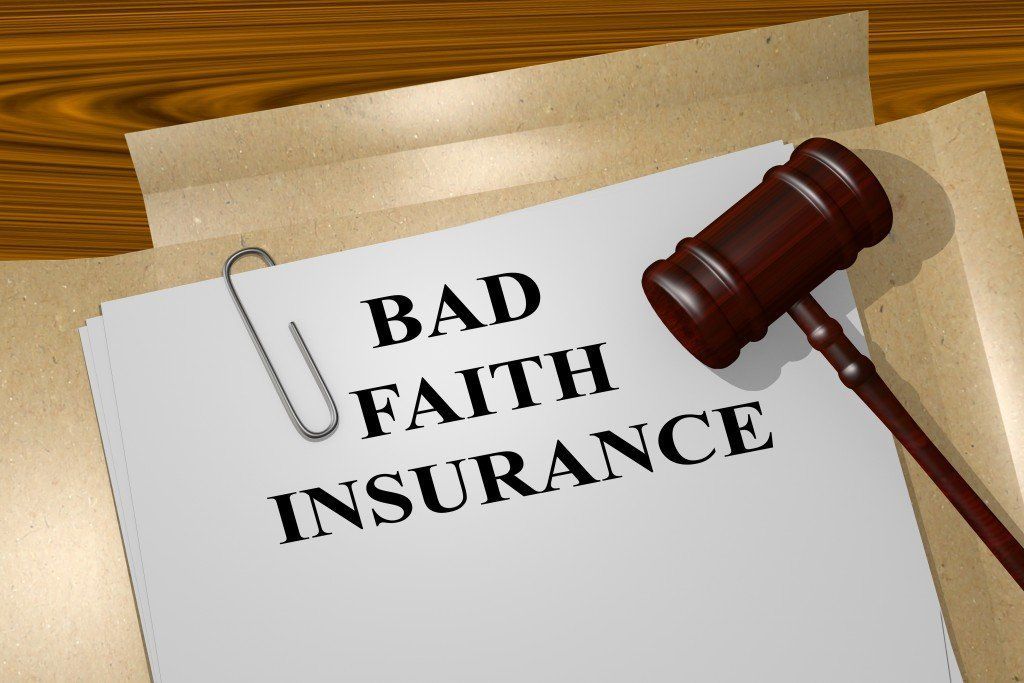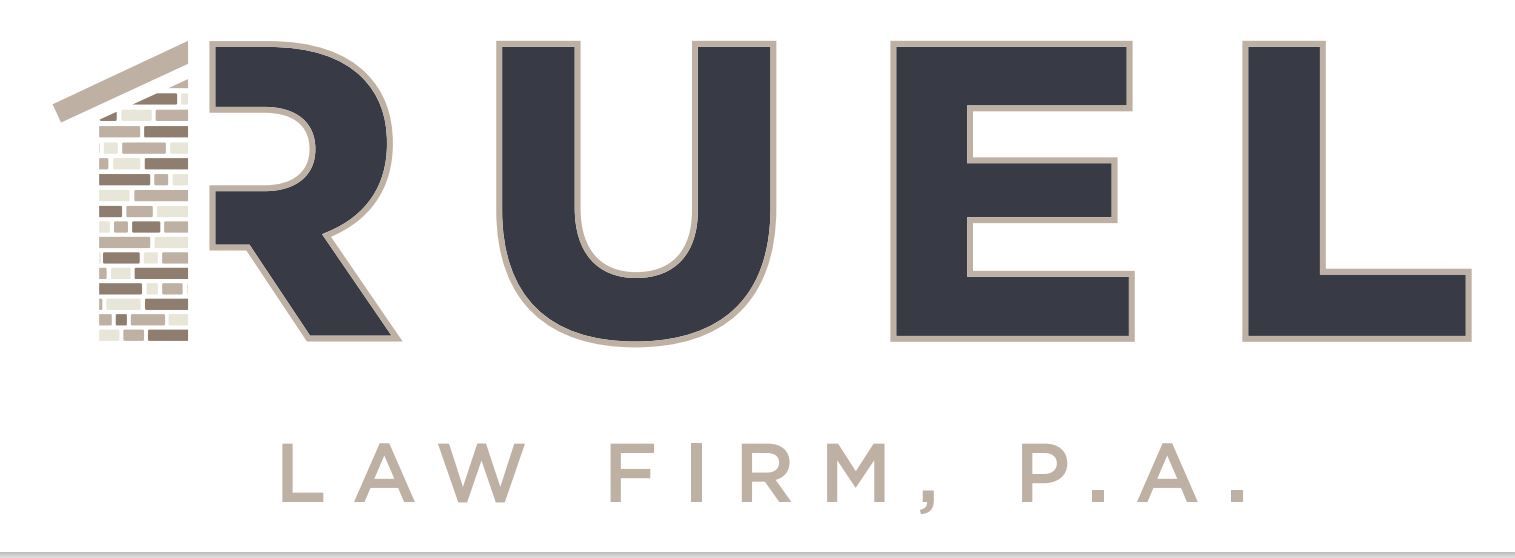Bad Faith Insurance

Insurance is designed to give people peace of mind, protecting them from financial loss in the event of a weather event, accident, or other event. However, sometimes insurance companies act in bad faith, which can have devastating consequences for clients.
Bad faith occurs when an insurance company denies or undervalues a legitimate claim made by a client. Essentially, bad faith refers to the idea that an insurance company is not acting in good faith when dealing with clients.
One of the most common types of bad faith insurance occurs when an insurance company denies a claim without a valid reason. Even if a claim is clearly legitimate, the insurer may find loopholes or other evidence to deny it.
Another form of bad faith insurance is when an insurance company undervalues a claim. Many insurers like to lowball claims, since they lose money when they pay out a claim. When the insurance company only offers a fraction of the actual cost of the claim, this is considered bad faith.
Delaying payment of a claim is another tactic used by insurance companies to avoid paying out the full amount of a claim. For example, if someone files a claim for a car accident, but the insurance company drags its feet in processing the claim, it can cause significant financial strain for the client. There needs to be a legitimate reason to deny a claim. An unnecessary delay can cause a customer to have to pay for repairs out of their own pocket while waiting for the insurance company to pay the claim.
There are also cases where insurance companies misrepresent the facts of a claim in order to deny coverage. For example, if someone files a claim for fire damage to their home, but claims that the homeowner engaged in arson without any proof, this is not only accusatory but it is also considered bad faith. The insurance company is misrepresenting the facts of the case in order to avoid paying the claim. Making accusations is not professional.
Bad faith can have serious consequences for clients. Not only is there the financial strain of paying for expenses that should be covered by insurance, but clients can also suffer property loss, emotional stress, and even physical harm as a result of the insurance company’s actions. It’s a good idea to hold insurance companies accountable for their actions, as this can protect other policyholders from experiencing similar mistreatment.
Contact Us Today
Insurance companies have a responsibility to act in good faith when dealing with their clients. When they fail to do so, it can result in devastating financial consequences.
If you believe that your insurance company is acting in bad faith, it is important to seek legal assistance. A Lakeland insurance bad faith lawyer from Ruel Law Firm can help you navigate the legal process and get justice. Schedule a consultation with our office today by calling (833) RUEL-LAW or filling out the online form.
________________________________
Source:
https://www.investopedia.com/terms/b/bad-faith-insurance.asp
RECENT ARTICLES














